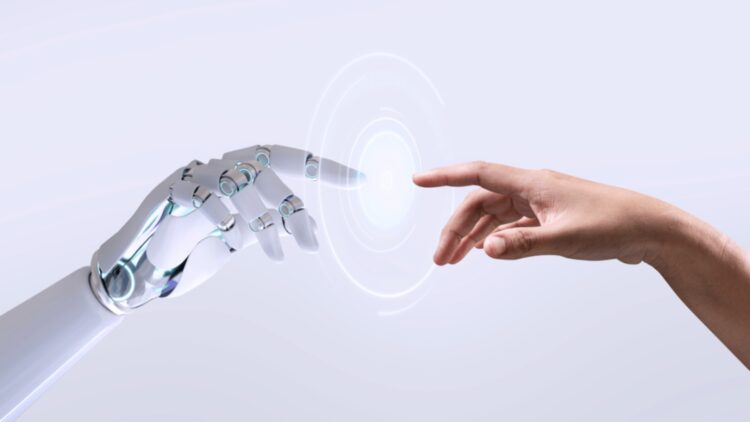Does artificial intelligence pose a real threat to human creativity, as well as to being the next occupants of many jobs? Some people believe that using models like Chat GPT can provide significant assistance and improvement when performing certain tasks, while others genuinely fear for their jobs. Several studies have been conducted related to the effect of AI on creativity and learning, which have been debated on The Intelligence Podcast from The Economist. One of the studies was carried out in collaboration with MIT, which involved a series of students completing writing tasks.
Some did it with the help of artificial intelligence while others did it without any assistance. The AI writer of The Economist, Almez Hern, explained that those who used AI did not engage the creative parts of their brains, and that the texts produced were ‘subpar’ essays. The second study was conducted in collaboration with METR, which quantified how much an AI assistant helps to accelerate the productivity of open-source developers. It was expected that, with the help of AI, they would work 20% faster, but reality showed that the process was actually slowed down by between 10% and 40%.
This type of automated learning and superintelligence that AIs boast about is advanced and can help in terms of education and technology, but so far we have not reached a point where it represents a cognitive replacement. However, this opens a debate, as it is expected that at some point generative AI will be able to develop some ethics, and that we will have to face a world where it does become a cognitive replacement.
Superintelligence of AI
The presence of artificial intelligence (AI) models is increasingly common and widespread in all areas of our lives. Some believe that using AI only involves consulting ChatGPT or any other language model, but the truth is that we use this technology in voice assistants present in most homes, in personalized advertising, or in everyday technological devices.
This is why many people feel in constant alert due to the fear that this type of technology could take over their job, resulting in their knowledge and work being replaced. However, the companies that work with AI models believe that the main idea is to “put the power of superintelligence in the hands of people to direct it towards what they value in their own lives”.
AI put to the test
In the podcast The Intelligence Podcast by The Economist, the results of several studies on the harmful effect of AI use on human creativity and learning were discussed. One of them was conducted by the Massachusetts Institute of Technology (MIT), which involved giving a series of tests to a group of students. A number of them were allowed to use AI for assistance while the other group received no assistance. The results showed that the group that did have help from AI produced ‘subpar’ essays and did not engage the creative areas of their brain.
The second study was carried out in collaboration with a research group from AI, MERT, which aimed to analyze and quantify the extent to which AI accelerated work. Open-source developers were utilized, and the results surprised everyone. While a 20% increase in speed was expected, the reality is that those who used AI experienced a slowdown in their work ranging from 10% to 40%. According to The Economist’s AI writer, Almez Hern, “They spent so much time playing with the AI assistant, correcting errors, and trying to find the best way to activate it, that they ended up spending more time on the task than they would have without assistance”.
What now?
According to experts like Hern, “We are still not in a position where it is a cognitive replacement.” However, it is important to determine whether we use AI as a tool or if we rely entirely on it for the tasks we face, thereby stopping to resort to our own creativity and capability. Hern emphasizes, “Thinking about what it would be like if AI became a cognitive replacement could prepare us for the very different world that could come”.
Another use of AI in our daily lives. Did you know you use it when you go to the supermarket?
